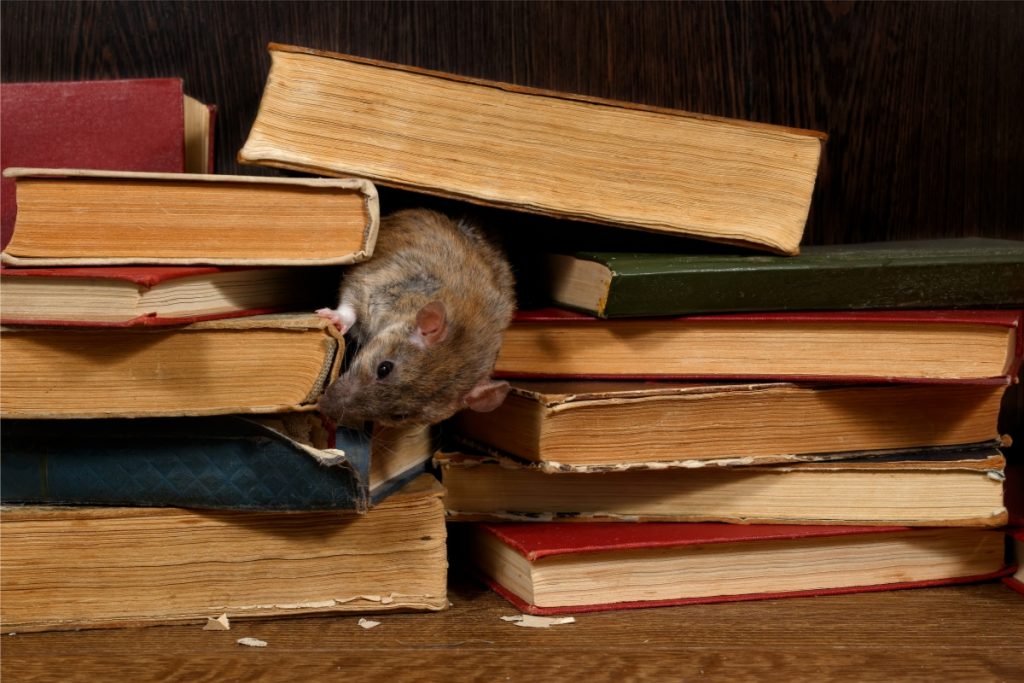The Importance of Pest Control in Schools
Maintaining a safe and healthy school environment is essential for student well-being and academic success.
This article will explore the importance of pest control in schools. Pest control ensures a cleaner, more sanitary environment where students can focus on learning without the distractions or hazards that pests create.

Common Types of Pests Found in Schools
Insects
Insects such as ants, cockroaches and flies are attracted to areas with crumbs, spillages, leftover food storage and wastage. They carry bacteria, contaminate food surfaces, and can spread disease to humans.
Rodents
Mice and rats can carry diseases and easily enter buildings through tiny gaps and cracks. They often seek shelter near food and water sources like toilets and kitchen areas.
Their presence can be costly due to their ability to chew through wires, books and furniture. They also leave behind droppings and urine that further damage materials, creating health hazards for children and adults alike.
Birds
Birds are a common problem at schools. Their nests and droppings can damage the exterior of the building and clog drainage systems. Their droppings are also known to cause respiratory issues.
Bedbugs
Bedbugs are known to quickly spread from one location to another, becoming a significant issue in schools, particularly in boarding schools where dormitories are provided. These pests, which leave red, itchy bites, can be challenging to detect and eliminate.
Why is Pest Control and Prevention Important in Schools?
Health Hazards and Allergens
Pest control and prevention in schools are crucial due to the health risks pests pose. Pests like cockroaches, rodents, and flies can carry harmful bacteria, such as salmonella, which can contaminate food supplies and lead to food poisoning.
Additionally, their presence in classrooms can trigger respiratory issues, worsening symptoms for children who already have asthma or respiratory conditions. Therefore, areas where food is served and stored must be clean and free of pests to prevent contamination.
Legal Requirements
In the UK, schools are obliged to keep staff and pupils safe. These obligations relate to pest risks and the context of building integrity, chemical use, food hygiene, and the environment. It is also essential that insurance obligations are considered.
Prevent Injuries from Occurring
Certain pests, such as wasps or bees, can seriously affect children with severe allergies, leading to an anaphylactic shock. Beyond stings, pests like rodents create additional safety concerns by chewing through electrical wires, increasing the risk of electrical fires and resulting in power outages or malfunctioning equipment.
In both cases, these pests can disrupt learning and endanger students and staff, making proactive pest control essential for maintaining a safe environment.
Protect Infrastructure and Resources
Pests can cause significant damage to school infrastructure. While bees, wasps, and rodents can weaken buildings’ structural integrity, insects can ruin books, papers, and other educational materials. Schools can avoid costly repairs and replacements by implementing effective pest control measures.
Reduce the Spread of Pests to Homes
Pests like insects found in schools can easily hitch a ride home with students or staff, creating a ripple effect that extends infestations beyond the premises. These unwelcome invaders are experts at latching onto personal belongings like backpacks, clothing and lunchboxes, allowing them to travel unnoticed from one location to another, posing significant safety and health risks.
An Infestation Could Lead to School Closure
Unresolved pest infestations can force schools to close temporarily for extensive cleaning and pest elimination. This can disrupt learning and the entire school community’s schedule and resources. To avoid this, partnering with professional pest control services is essential.
Annual pest control contracts can help prevent the expensive and disruptive consequences of forced closure by addressing potential issues before they escalate.
